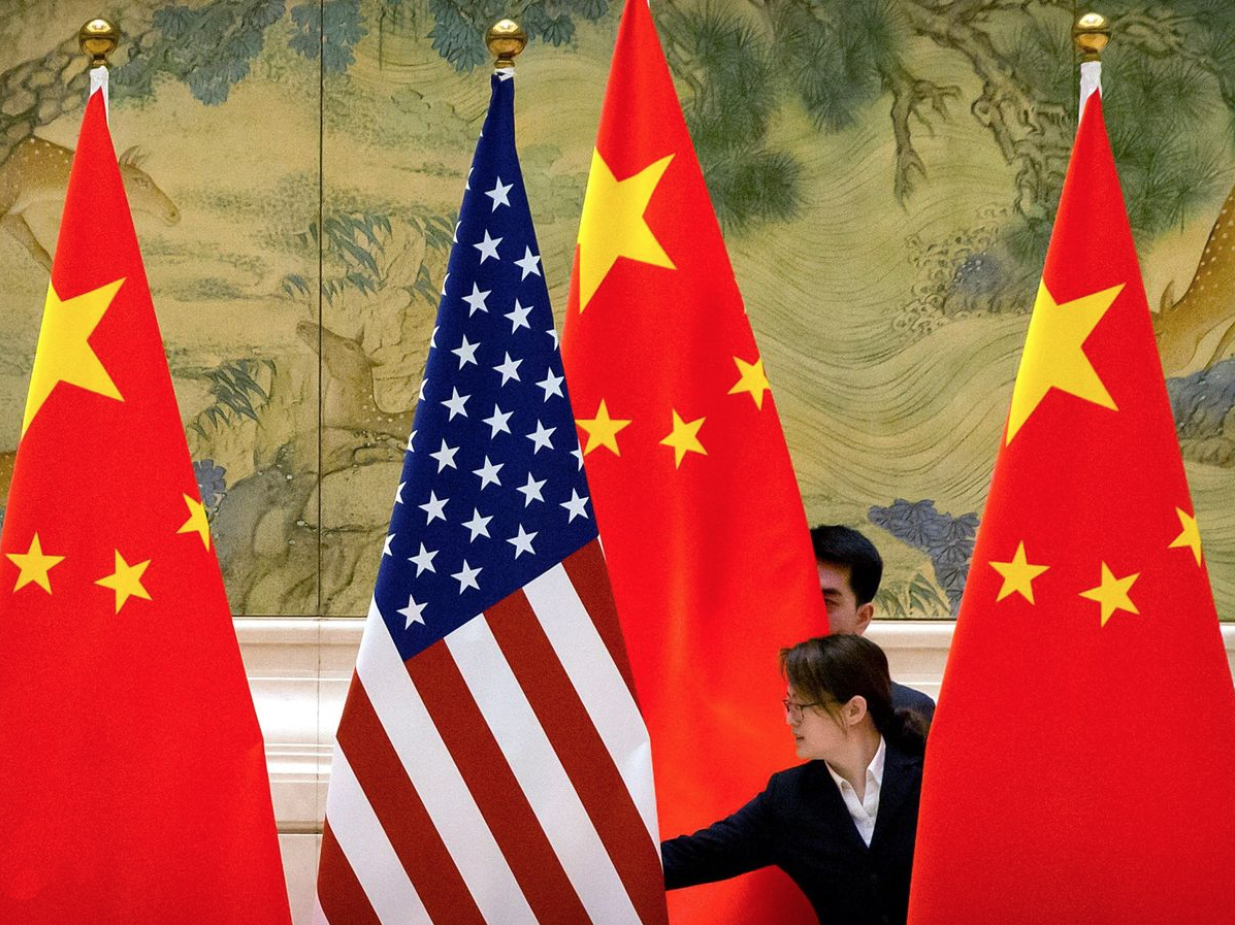The end of the Cold War was embraced with noticeable optimism by the international community and, in particular, by the United Nations (UN), which announced to the world the great dividends of peace. Decades of a world divided and confronted by large blocs were being left behind, and a new opportunity for global development and democracy was opening up. This optimism even led some to believe that history had come to an end. The decades that followed the 1990s quickly showed that conflicts had not disappeared from the scene, and that the emerging unipolar system was not free from major risks. Far from having reached its conclusion, history was merely continuing on its way.
The twenty years that followed the end of the Cold War showed a scene with new turbulences (the most serious, the emergence of international terrorism as a global threat), but where the hope of accessing a less divided and polarized world remained. In fact, in 2010 it seemed that the North Atlantic Treaty Organization (NATO) and the Russian Federation were ready to enter into some kind of marriage of interest.
However, disagreements in the marriage soon came. The crisis over Ukraine’s position became evident in 2013 and, from that moment until the outbreak of war nine years later, the international community was unable to stop the Russian Federation’s threat of invasion of its neighboring country.
On the other hand, it is a coincidence that the war in Ukraine not only is an atrocious event, but also a symptom of a global process: the establishment of the foundations of a new world that is being formed, a situation that has been seen as corresponding to a new Thucydides trap; that is, the emergence of a growing center of world power that may (or may not) displace the old center in decline, something that has often been resolved by wars.
Professor Graham T. Allison’s book Destined For War shows that this has happened several times throughout world history. Certainly, this possibility has an important filter today: we are in the nuclear age. The world war scenario of the last century is no longer repeatable, unless the contenders want to die in the attempt.
But beyond the forms in which this hypothetical military conflict may be assumed, what seems unquestionable is that the present world that is taking shape seems to be returning to the division we thought we had overcome. Everything indicates that a growing competition is being established between two poles: an alliance of two nuclear powers, China and Russia, with an authoritarian orientation, against a West, also nuclear, where democracy seeks to defend itself against its internal and external enemies.
Of course, as in the past, this bipolar conflict does not rule out the existence of a group of emerging countries, India is a main example, which plays at positioning themselves in an intermediate orientation, just as the non-aligned movement did in the last century. A good number of Latin American countries can also place themselves (in a position between the two blocs). However, in the past, this did not diminish the division of the world that determined the Cold War.
The ideological and cultural clash between these two emerging camps also has its own justification. The West alludes to the need to force the other bloc to abandon the actions of power without rules, while China and Russia agree in demanding the definitive disappearance of the unipolar world that emerged in 1990 and the achievement of a freely chosen multipolarity. It is not necessary to go to the trouble of verifying to what extent this international picture can be understood as a new Cold War, but what is unquestionable is that a newly divided world is being formulated.
This global division is fed back by the deep sociocultural polarization experienced by most Western countries, something that is also evident in many Latin American countries. The narrow victory of some progressive forces in the region has led to believe that we are in the presence of a new pink wave. However, the truth is that, unlike in the first decade of this century, there has not been a shift of the electorate towards left-wing candidates, but rather we must speak of progressive governments in societies practically divided down the middle.
This sociocultural division, which also affects Europe, serves as the basis in some countries for an exacerbated political polarization that is often a breeding ground for populist offerings of different orientations.
The prolongation of the war in Ukraine is a symptom that the horizon of a divided world could lengthen for much of this 21st century. Likewise, an early end to the war in Ukraine would be a symptom that the international community is capable of reversing this return to a divided world. This is why proposals such as the one of President Luiz Inácio Lula da Silva to stop the war as soon as possible are so relevant. Not only does it show that the countries in between have the courage to step out of the rhetoric of confrontation and make good proposals, but also that, if they do indeed favor a halt to the war, they will contribute to the development of a less divided world in the coming decades.
Of course, it is not very likely that the warring parties will take peace proposals seriously. Nonetheless, it is healthy for them to know that not everyone is aligned with any of the blocs that are forming, and that many are not willing to watch from the sidelines a warlike confrontation that causes so much destruction and death.
*Translated from Spanish by Camille Henry











